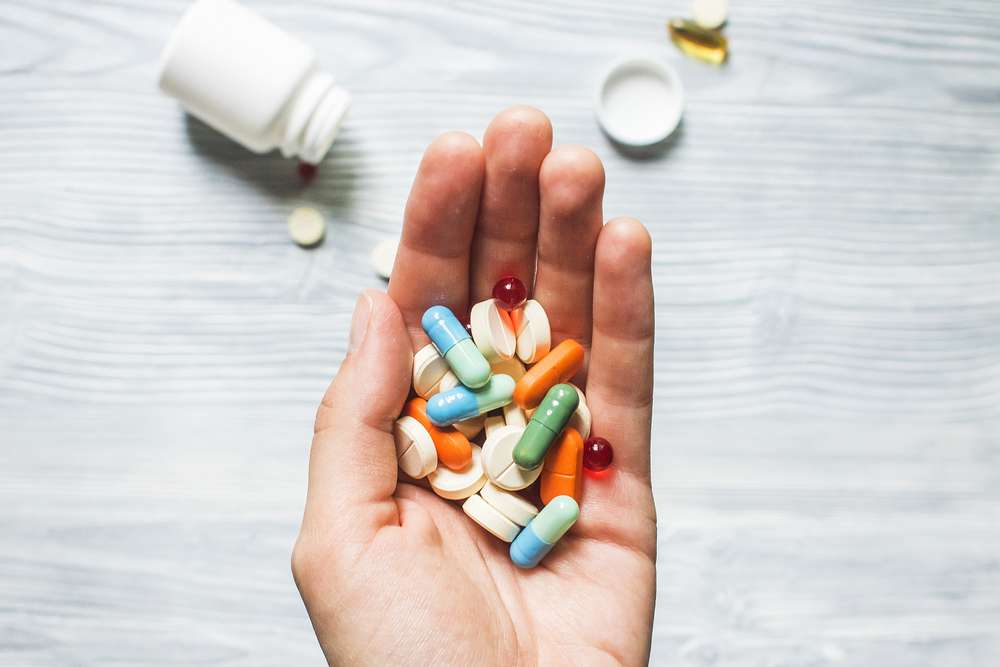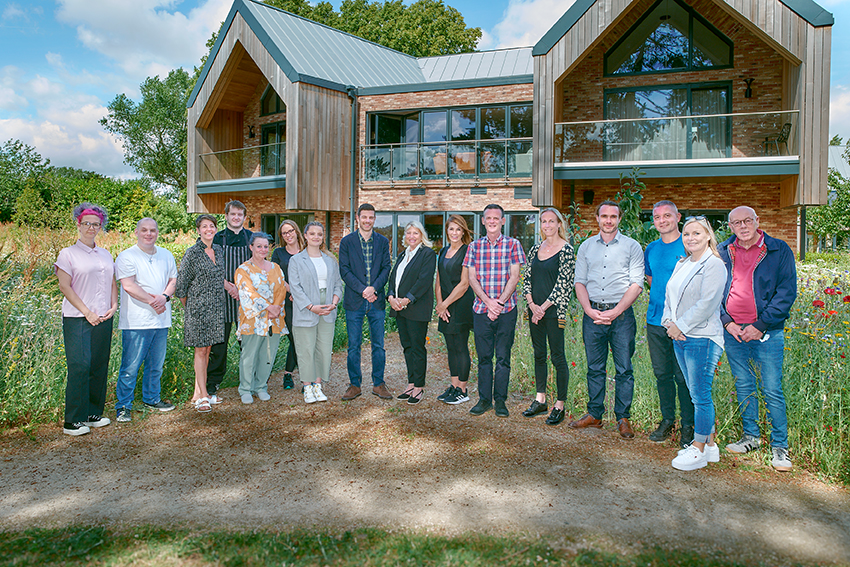-
Call Us: 0330 111 2015


Jump to a section ▼
› Introduction
› Why Do People Mix Prescription Drugs?
› The Risks of Mixing Prescription Drugs
› Avoiding The Dangers
› What To Do If You Have A Problem
› Help For A Prescription Drug Addiction
Speak with our admission team
Call now on 0330 111 2015The dangers of mixing prescription drugs together or with other substances are very real. It can lead to both short term and long term mental and physical health conditions. The chances of suffering from a drug overdose are also vastly increased.

If you are taking any kind of prescription drug it is important to know the potential danger that comes from mixing them; whether that be with other prescription drugs, illicit substances, over the counter medications or alcohol.
If you are purposely mixing prescription drugs regularly to get high, then you may well have a problem that requires professional help. That being the case, we at Delamere successfully treat patients who abuse all manner of different drugs, including legitimately prescribed ones.
Those who purposely mix prescription drugs do so in order to accentuate the drugs sought after effects. For example, mixing a prescription drug that has sedative properties (ie benzodiazepines) with an opiate medication will increase sedation and euphoria.
The most commonly abused prescription drugs tend to have sedative, analgesic, euphoric or stimulant effects. They also tend to be controlled drugs, as their potential for misuse is high.
Many who abuse prescription drugs choose to mix prescription drugs with weed or alcohol. The effects include increased sedation, relaxation and euphoria. There are numerous ways in which prescription drugs can be abused. Mixing them together, with cannabis or with alcohol is sadly very common.
Prescription drug abuse and addiction is no less dangerous than any other drug addiction. If anything it is more dangerous. Prescription drugs tend to provide a false sense of security. They are also easy to obtain, can have a legitimate purpose and are easy to abuse.
Prescription drugs that are especially dangerous to mix include those that slow down breathing and have sedative effects. These depressant drugs include opiates, opioid painkillers, central nervous system depressants, benzodiazepines, antihistamines, sleeping tablets, general anaesthetics and alcohol. Combining any of these together increases the risk of suffering life threatening respiratory complications.1
Mixing stimulant prescription drugs together is also very dangerous. It can lead to increased heart rate and blood pressure, resulting in a heart attack or stroke. 1
There are many risks that come with mixing prescription drugs. The main risks are:
Even mixing seemingly harmless and non-addictive prescription drugs together, or with alcohol ( i.e antibiotics or SSRI antidepressants) can result in dangerous or unpleasant effects.
 Detox safely in our medical facility
Detox safely in our medical facility
 Free collection
Free collection Future-proof
Future-proofIn order to avoid the dangers associated with mixing prescription drugs, always:
If you have a problem with mixing prescription drugs and want help to stop, it is important that you seek the correct medical help and advice. Do not just stop taking the medication you are prescribed, this could result in dangerous withdrawal symptoms.
Depending on the extent of your problem, your doctor may be able to help with a safe prescription drug reduction regime. They should also be able to arrange some counselling for you. Counselling can help to address the issues underlying your prescription drug abuse.
If you have already tried to address your prescription drug abuse and failed or you suffer from addiction, a more intensive form of drug treatment may be needed. The most important thing to do is ask for help.
Addiction is medically recognised as a chronic relapsing brain disorder, characterised by compulsive drug seeking and taking despite adverse effects and consequences 3.4 Left untreated it only ever becomes progressively worse. Prescription drug abuse and addiction requires professional addiction treatment, tailored to your individual treatment needs.
Here at Delamere we help those who suffer from addiction to prescription drugs to make a full and lasting recovery.
We apply a number of evidence based treatments that are extremely effective in treating prescription drug addiction and abuse.

All treatments are delivered in house by our elite team of addiction treatment professionals. Our multidisciplinary team of experts include a consultant psychiatrist, doctor, qualified nurses, counsellors, addiction therapists, holistic therapists and complementary therapists. We also have several support workers. All of our staff work around the clock to ensure your safety and comfort at all times, day or night.
By undergoing a prescription drug treatment programme with us, you will benefit from the following:
For a free prescription drug treatment assessment and information on how we can help you or a loved one to overcome abuse or addiction call or speak to us online
References:
Start your recovery journey by calling our admissions team today.
Confidential. Straightforward. Friendly.